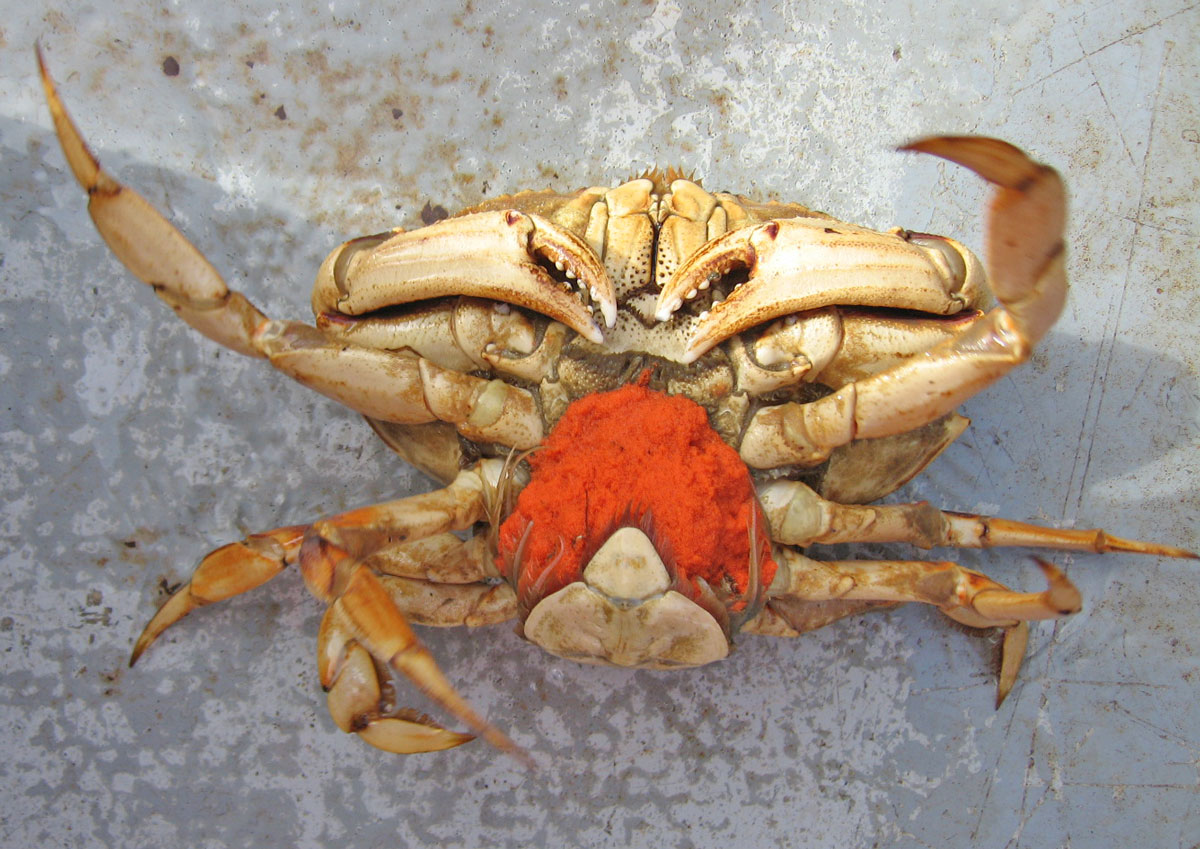National
Crab larvae suffering shell damage from ocean acidification

SEATTLE (AP) — Ocean acidification is damaging the shells of young Dungeness crab in the Pacific Northwest, an impact that scientists did not expect until much later this century, according to new research.
A study released in the journal Science of the Total Environment this week is based on a 2016 survey of Oregon, Washington and British Columbia coastal waters that looked at larval Dungeness, The Seattle Times reported. The findings add to concerns about the future of the Dungeness as atmospheric carbon dioxide — on the rise due to fossil-fuel combustion — is absorbed by the Pacific Ocean and increases acidification.
“If the crabs are affected already, we really need to make sure we start to pay attention to various components of the food chain before it is too late,” said Nina Bednarsek, the lead author among 13 contributing scientists. The study was funded by the National Oceanic and Atmospheric Association (NOAA).
Dungeness sustain West Coast commercial seafood harvests typically worth over $200 million annually, and are a mainstay for tribal and recreational crabbers. They have thrived in coastal waters that in recent years have been found to have hot spots of ocean acidification.
Bednarsek and her colleagues — for the first time — documented that some Dungeness larvae in the wild already had pitted and folded shells, described in their journal article as “severe carapace dissolution,” and that these larvae were typically smaller in size.
They also found damage to hairlike structures that act as sensory receptors, and the researchers hypothesize this could lead to slower movements, impaired swimming and other problems.
The authors of this new study say more research is needed to understand what the new findings may mean for the future of the Dungeness crab as the Pacific coastal waters continue to absorb more carbon dioxide.

